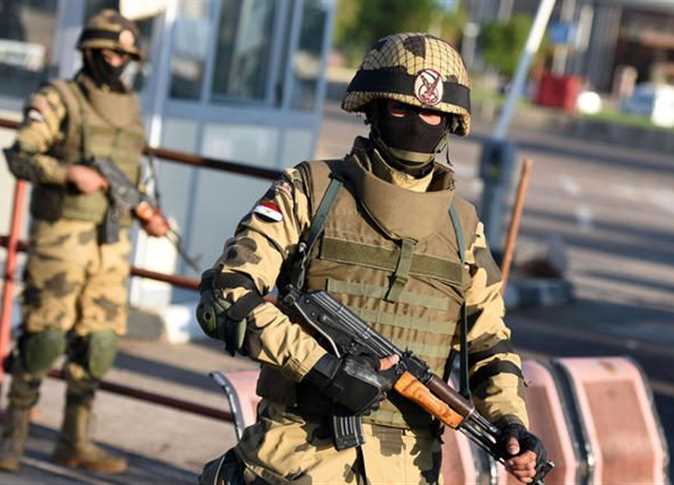Prime Minister Essam Sharaf spoke for a few minutes on Saturday, vowing to accelerate prosecutions of those who killed the revolution’s martyrs and ensure, through a committee of experts, that social justice is achieved. But that didn’t appease the streets, and that’s reported in today’s front pages.
A rather reserved coverage of the reaction is found in state-run Al-Ahram, whose headline reads, “Protesters: Sharaf’s decisions are not enough. Calls for hunger strikes and civil disobedience.” The story named the different political forces partaking in the sit-in, and also focused on the Muslim Brotherhood and the Salafis’ rejection of escalation. Mohamed al-Beltagy, of the Brotherhood’s Freedom and Justice Party, confirmed yet again that the party and the movement have no interest in being part of the sit-in. Youssry Hamad of the Salafi Nour Party was quoted as saying that the sit-in will cause chaos. A subheading under Al-Ahram’s headline is “the Brotherhood and Salafis refuse slogans against the military council,” a stance that probably reflects Al-Ahram’s editorial line. No further reporting around this headline is found in the story.
Meanwhile, the newborn, privately-owned Al-Tahrir, which is arguably the least afraid of all Egypt’s papers to explicitly challenge the government, opens with a big picture of a smiling Field Marshall Hussein Tantawi, head of the ruling Supreme Council of the Armed Forces. On top of the picture, a headline reads, “The Marshall doesn’t respond.” In the story itself, we read a highly editorialized lead that says that Sharaf's words – “scant and detached from reality” – repeated the mistakes of former president Hosni Mubarak and his collaborators. The story moves on to describe the different sit-ins in various cities, and reports slogans and chants by the revolutionaries. “You, military council, the revolution is not a game,” is one of the chants recorded in the city of Port Said.
The independent daily Al-Shorouk, a separate venture of Ibrahim al-Moallem, who also owns Al-Tahrir, opens as well with the paradoxical silence of the military council. “From the revolutionaries to the military council: Waiting from an answer,” reads the headline. The Al-Shorouk story reports developments in demands expressed by protesters, who unified themselves around a civilian presidential council.
Al-Dostour, owned by Wafdist Reda Edward, leads with Al-Wafd’s decision to continue the sit-in, a headline one would expect from the actual party paper, Al-Wafd. The latter, instead, focuses on the developments in Suez, where protesters were mainly motivated by the release on bail of all policemen accused of killing the revolution’s martyrs. The paper reports about the removal of Osama al-Tawil, the head of the Suez Security Directorate from his position, because he failed to preserve security in the city. A few days earlier, Tawil was accused by the public prosecutor of having helped some policemen suspected of killing protesters to flee. Al-Wafd also reports about Mohamed Zain killing protesters. Zain works at a Suez police station and had just been transferred to the Cairo Security Directorate.
Egypt's papers:
Al-Ahram: Daily, state-run, largest distribution in Egypt
Al-Akhbar: Daily, state-run, second to Al-Ahram in institutional size
Al-Gomhurriya: Daily, state-run
Rose al-Youssef: Daily, state-run
Al-Dostour: Daily, privately owned
Al-Shorouk: Daily, privately owned
Al-Wafd: Daily, published by the liberal Wafd Party
Al-Arabi: Weekly, published by the Arab Nasserist party
Youm7: Weekly, privately owned
Al-Tahrir: Daily, privately owned




